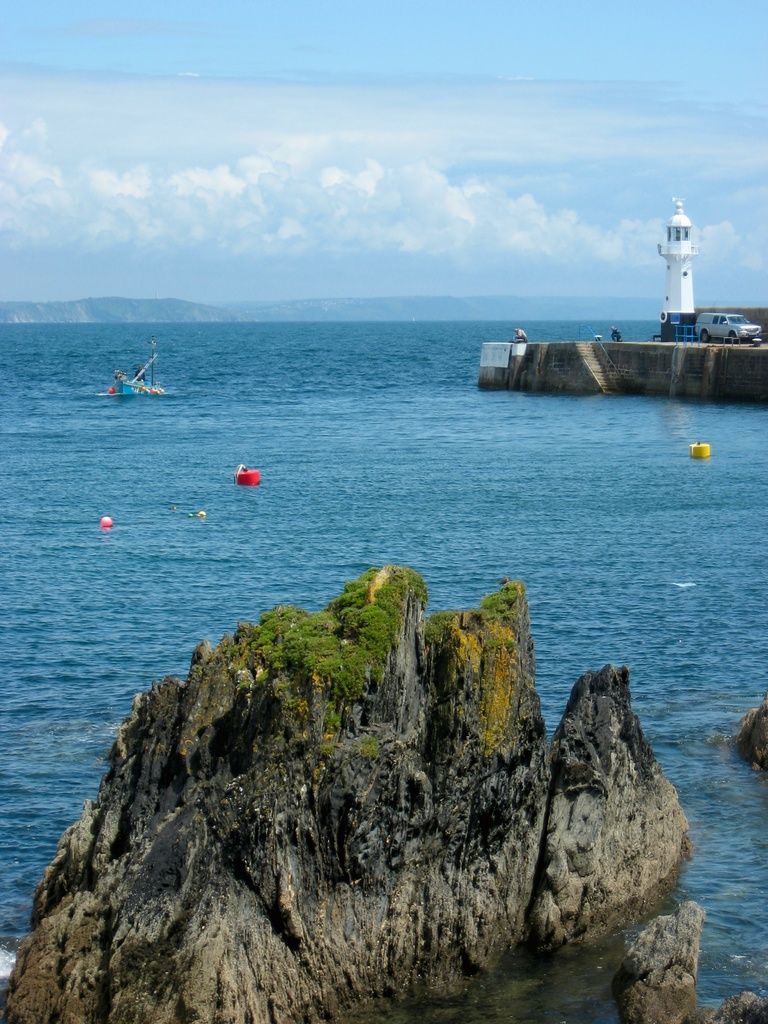Dishing the Dish: Economist Wolff Calls Out EU Commish Over Limited Powers and Migration Crisis
Criticization voiced by economist over EU Commission's restricted authority
Economist Guntram Wolff, director of Bruegel, the think tank, has taken aim at the EU Commission, labeling its powers as insufficient - especially when tackling the European migration crisis and the issue of racism.
Speaking in an interview with Deutschlandfunk on Wednesday, Wolff observed, "The migration issue is still so toxic in Europe that I'm not sure how much the Commission can actually implement." He continued, "But I think, especially on the topic of racism, it's crucial that the Commission President mentioned it."
Interestingly, previous Commission presidents did not address the racism issue as a European problem; instead, they left it as individual member states' business, according to Wolff. However, he was encouraging about the climate crisis coverage in the recent speech. "Climate change is real and is the biggest problem our world faces. It's right that the EU tries to make real progress in that area," he said.
Although Wolff welcomed the goal of reducing greenhouse gas emissions by 55% by 2030, he noted that the Commission presented it as an essentially straightforward task, with benefits for everyone. But, as Wolff pointed out, not everyone will emerge unscathed; there will be winners and losers, and it won't be a socially easy process.
Now, let's dive into the EU's strategies for achieving the mentioned emissions reduction target:
- Fit for 55 Initiative: This initiative consists of a slew of legislation aimed at supporting the climate goal. Highlights include expanding the Emissions Trading System (ETS), introducing a carbon border adjustment mechanism, and establishing emissions reduction targets and initiatives for key carbon-intensive industries[5].
- Renewable Energy Targets: The EU aims for a 42.5% renewable energy share by 2030. While member states are aiming for a 41% share, they are currently slightly behind the target[5].
- National Energy and Climate Plans (NECPs): These plans have been updated and submitted by member states, demonstrating progress towards the 2030 emissions reduction goal. They encompass specific measures for reducing emissions in sectors like transport, buildings, agriculture, and small industries[4].
- Emissions Reduction in Key Sectors: The Effort Sharing Regulation (ESR) mandates a 40% reduction in emissions from sectors like domestic transport, buildings, agriculture, and small industries. However, current projections indicate a 38% reduction by 2030, which is below the target[4].
- Land Use and Carbon Removals: The EU faces challenges in obtaining sufficient carbon removals in the land use sector. Addressing this deficit is necessary for reaching the overall emissions reduction target[4].
- The EU's strategy for reducing greenhouse gas emissions by 55% by 2030 includes the implementation of the Fit for 55 Initiative, which involves a multitude of policy-and-legislation such as expanding the Emissions Trading System, introducing a carbon border adjustment mechanism, and setting emissions reduction targets for key carbon-intensive industries.
- Another approach by the EU is the establishment of renewable energy targets, aiming for a 42.5% share of renewable energy by 2030, although member states are currently slightly behind this target.
- National Energy and Climate Plans (NECPs) have been submitted by member states to demonstrate progress towards the 2030 emissions reduction goal, including specific measures for reducing emissions in sectors such as transport, buildings, agriculture, and small industries.





